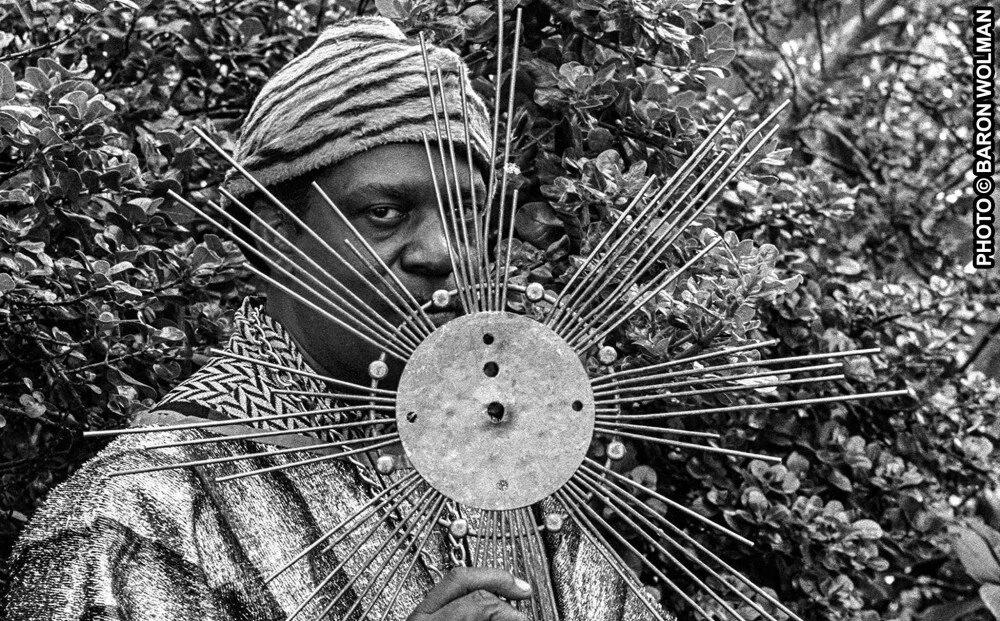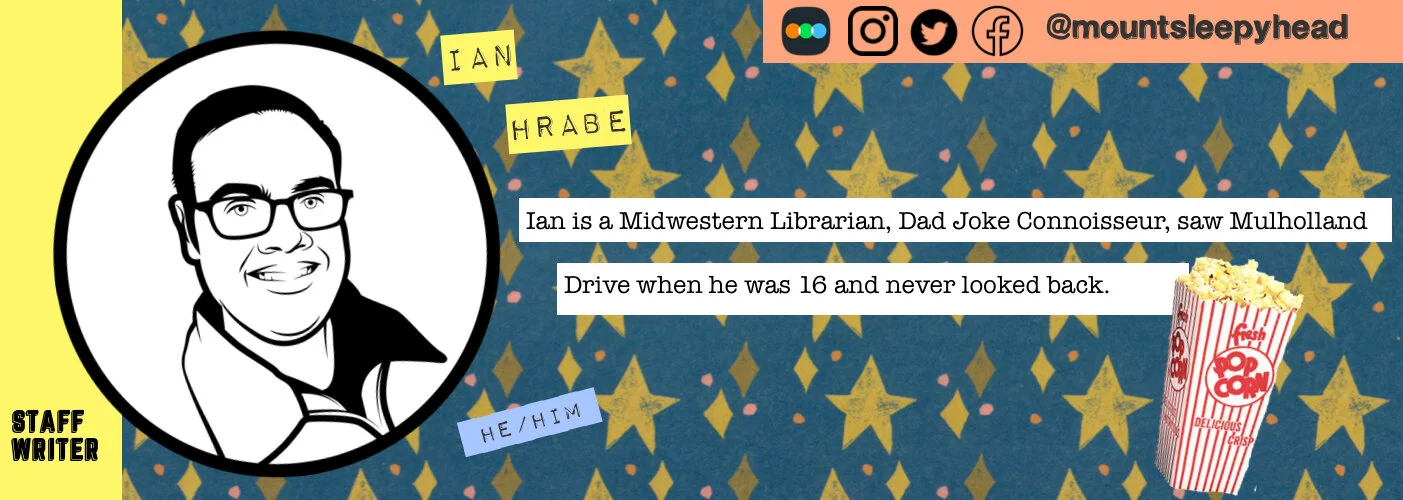FIRE MUSIC: THE STORY OF FREE JAZZ never matches the energy of its subject
Directed by Tom Surgal
Featuring Ornette Coleman, Sun Ra & His Arkestra, Albert Ayler, Cecil Taylor, and Eric Dolphy
Running Time: 1 hour and 28 minutes
Limited release in NY starting Sept. 10
by Ian Hrabe, Staff Writer
If I asked you what comes to mind when I say the words “Free Jazz,” you probably see a vision of a bunch of wild dudes skronking away on their saxophones, playing snare drums with their feet, and slapping the strings of a stand-up bass with a broken bow. And while there is definitely footage of all of that stuff in Fire Music, the documentary’s primary goal is to provide context to a misunderstood genre of music. It’s a story of the old guard vs. the avant garde and the interesting places where they overlap told by surviving jazzmen who were embedded in the free jazz scene from its origins in the late 1950s through its gradual fading back into the fringes in the 1970s. It’s a fascinating part of music history that hasn’t really been told outside of one episode of Ken Burns’ Jazz docuseries, and while Fire Music knows it has an interesting subject, it’s a shame that the film is a lifeless dud that is going to do little in the way of capturing the primal energy of Free Jazz.
Fire Music tells a straightforward story from Ornette Coleman’s breaking away from the jazz establishment in the late 50s in search of a different sound to Sun Ra and his Arkestra’s cult-like approach to free jazz hitting its stride in the 70s. Though most of the key players from that scene are dead, their stories are told by the people who played with them. Director Tom Surgal’s approach is of the “point the camera at these wizened old jazz men and let them tell the story,” and the result is a documentary that feels amateurish at best. A lot of that is due to the poor production value and haphazard editing--this feels like it was edited by a college freshman on a pirated copy of Adobe Premiere Pro the night before the assignment was due--but mostly it just feels like Surgal isn’t asking the best questions to elicit the best answers.
Fire Music is at its best when it’s playing back the old footage of free jazz as it was happening. Hearing guys like Ornette Coleman and Cecil Taylor talk about what was going through their heads in grainy black and white footage is the most captivating part of the documentary, but the thing is, you could probably just pull these clips up on YouTube and get the same value out of those as you would from slogging through Fire Music. Add a few Wikipedia entries for context and lo, you’ve got your own personal free jazz rabbit hole. Surgal’s documentary is too paint-by-numbers and has a tendency to lose the thread as he lets these dudes tell stories that are ostensibly there to provide color, but distract from the throughline of the story the film is trying to tell. These are all guys with stories about Miles Davis and John Coltrane that you would pay to hear, and the way they are presented here is so disjointed it saps the life out of them.
Fire Music is what happens when you have a fascinating subject that is begging to be chronicled and the filmmakers put in the bare minimum of effort and you end up better served by spending an hour and a half googling free jazz. There’s just no passion here. I tend to go on and on about how all you need to make a good doc is someone who is passionate about something showing you why they are passionate about that thing. That can be the filmmaker or the film’s subject, and while you just know those old jazz dudes love jazz, you gotta wonder if the director gives a damn. I mean, surely he does, he made a movie about it, but this is a film devoid of passion.



